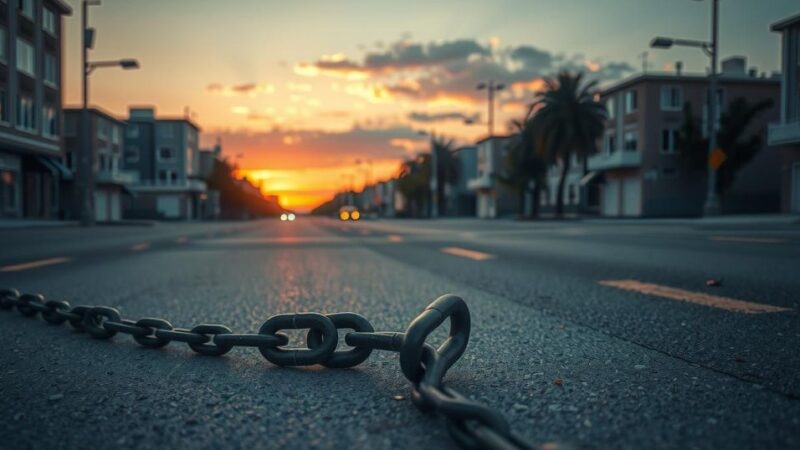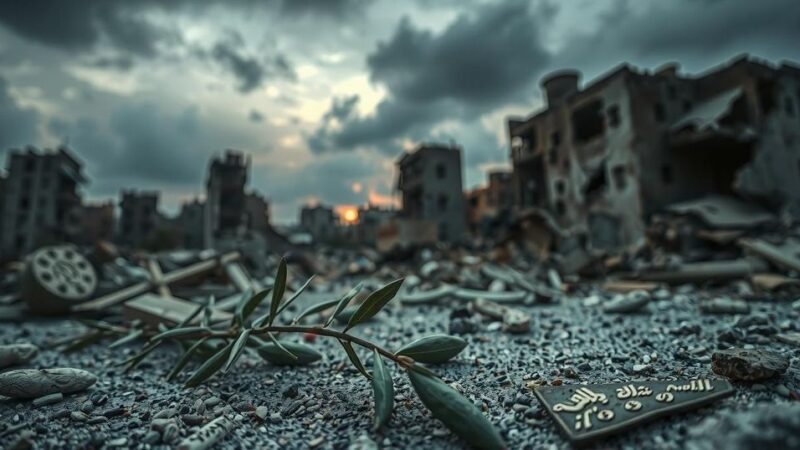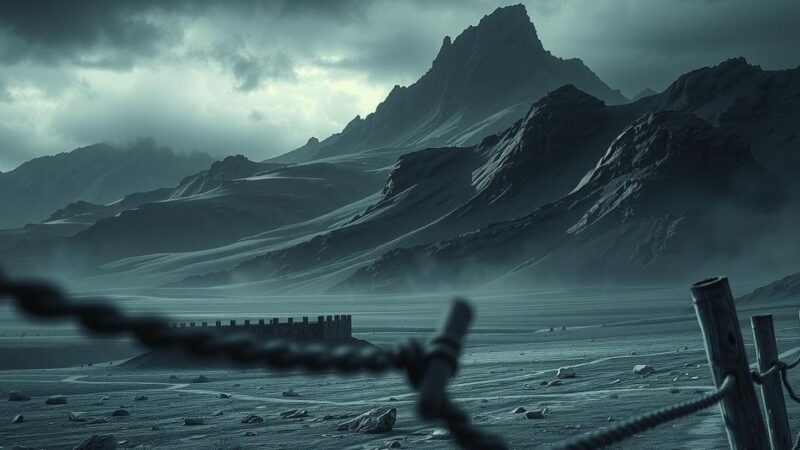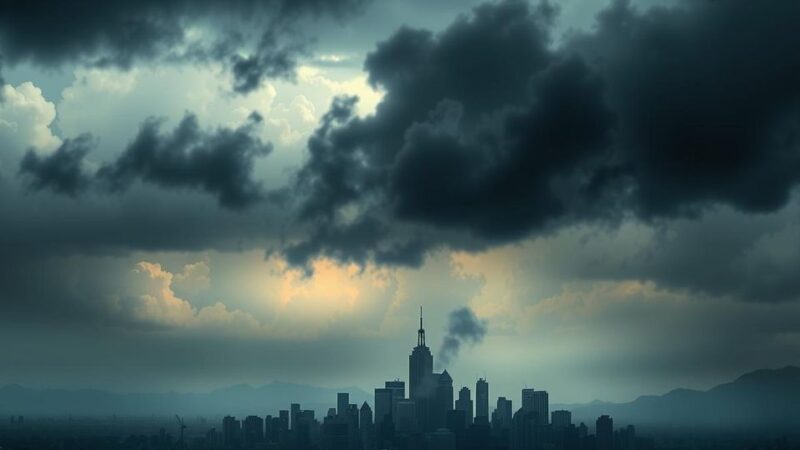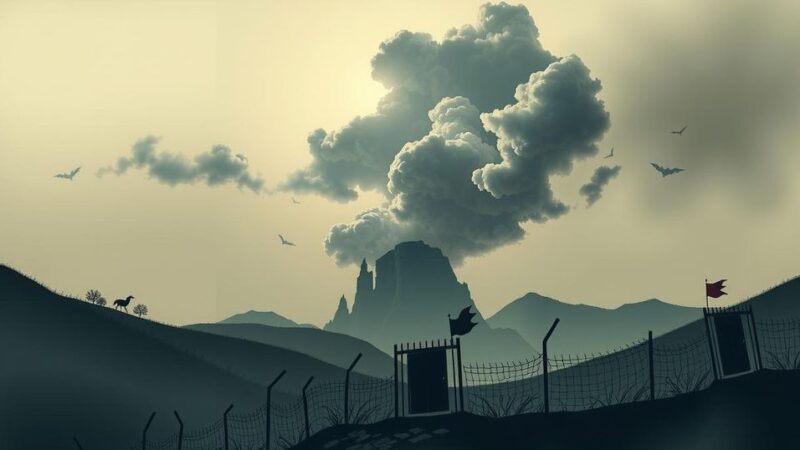António Guterres has urged the M23 rebel group to halt its offensive in eastern DRC, which has displaced over 178,000 individuals. M23’s rapid advance towards Goma poses a severe threat to civilians and risks escalating regional conflict. The humanitarian crisis, exacerbated by prolonged violence, necessitates immediate action and support for peace processes.
António Guterres has expressed grave concern regarding the advances of the M23 rebel group in the Democratic Republic of the Congo (DRC), particularly towards eastern DRC’s largest city, Goma. Over the last two weeks, this renewed insurgency has forcibly displaced more than 178,000 individuals. The United Nations Secretary-General emphasized the severe impact of M23’s actions on innocent civilians and raised alarm regarding the potential escalation into a wider regional conflict.
Recent weeks have seen M23 making significant territorial gains in eastern DRC, surrounding Goma amidst fierce clashes with Congolese armed forces. The rebels have successfully captured towns such as Minova and Sake, with the latter being only 15 miles from Goma. The rapid advance has caused widespread panic, as bomb blasts resonate near Goma, with local hospitals overwhelmed by incoming casualties.
The conflict’s toll includes harrowing accounts from civilians forced to flee for survival. Neema Matondo, who fled from Sake during an explosion, described witnessing brutal violence around her. Mariam Nasibu recounted the heartbreak of losing her child’s leg amidst the chaos, revealing the devastating personal stories behind the conflict.
This ongoing turmoil represents the culmination of decades of conflict in the DRC, which has resulted in one of the world’s largest humanitarian crises. Since 1998, approximately six million lives have been lost, and over seven million people have been displaced within the country. The M23 group, reportedly comprising former members of the Congolese army, is just one of the many armed factions engaged in battle over the mineral-rich territory.
Accusations have consistently been leveled against Rwanda for allegedly supporting M23, a claim that the Rwandan government has denied despite international scrutiny. UN experts have suggested that 3,000 to 4,000 Rwandan forces operate alongside M23, implicating Rwanda in the group’s actions. In the past, M23 previously seized Goma for over a week in 2012 before withdrawing following international pressure.
In light of these developments, Guterres has urged all parties involved to respect the DRC’s sovereignty and cease any support for armed groups, whether domestic or foreign. This call for peace and accountability underscores the urgent need for a resolution to the ongoing conflict and humanitarian crisis in the region.
The Democratic Republic of the Congo faces a long-standing crisis, characterized by prolonged violence and instability fueled by various armed groups, including M23. The latest escalation has significantly affected civilians, leading to mass displacement and casualties. The region’s rich mineral resources, compounded by international geopolitical dynamics, have exacerbated tensions. Allegations of foreign support for armed groups further complicate the situation, necessitating urgent intervention and dialogue to restore peace and security.
In summary, António Guterres has called for an immediate cessation of hostilities by the M23 rebel group in eastern DRC, where the ongoing conflict has led to widespread civilian distress and mass displacement. The situation remains critical, with the potential for regional conflict looming. It is essential for all involved parties to respect the DRC’s territorial integrity and work towards a peaceful resolution to the humanitarian crisis.
Original Source: www.theguardian.com



